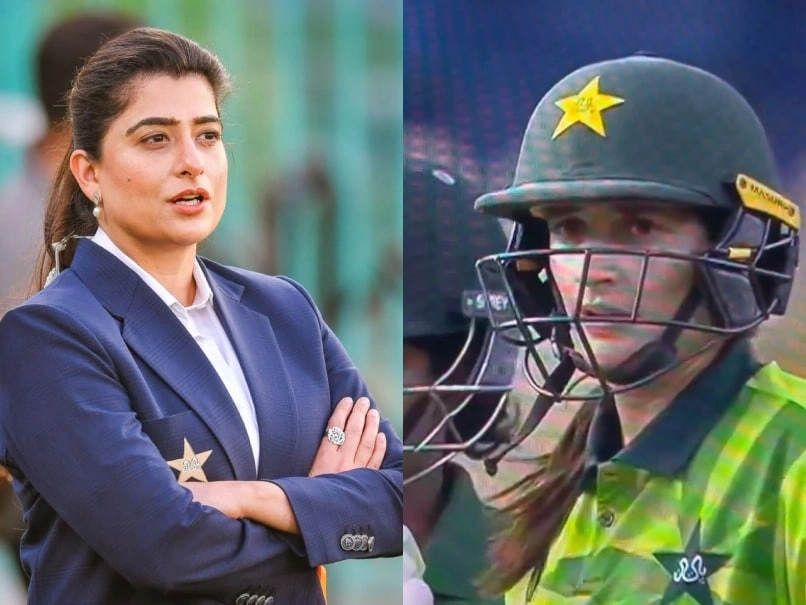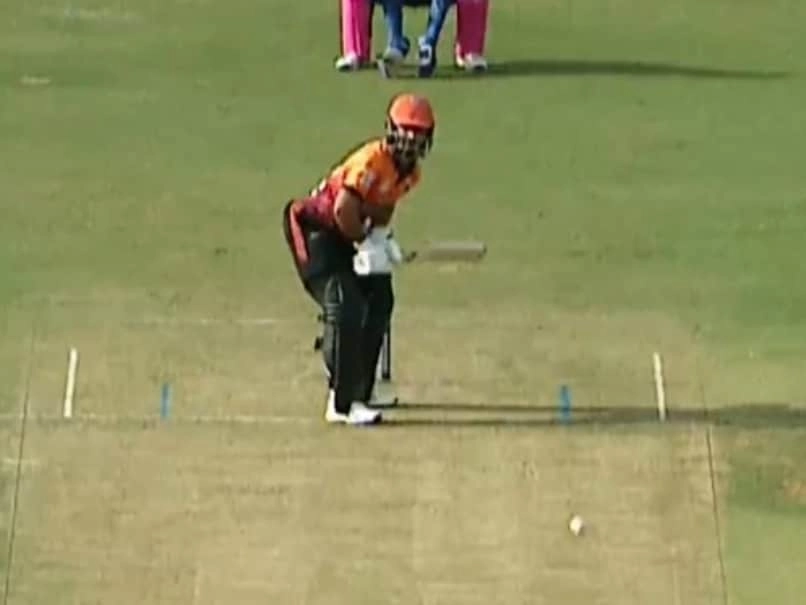The recent Women’s World Cup match involving the Pakistan cricket team has ignited a significant controversy following a remark that referenced “Azad Kashmir.” During the game, a comment made by a commentator or a fan drew attention to the geopolitical tensions surrounding the region, which has been a longstanding point of contention between India and Pakistan. This statement quickly escalated into a heated debate, with social media platforms ablaze with reactions from fans, political commentators, and stakeholders alike.
The mention of “Azad Kashmir” not only raised the stakes of the sporting event but also highlighted the complex interplay between sports and politics. For many, cricket serves as a unifying force, transcending barriers and bringing nations together in the spirit of competition. However, this incident underscores how deeply entrenched political issues can infiltrate even the most celebrated of sports events. Fans and commentators have expressed their disappointment over the intersection of sports and political rhetoric, emphasizing that the game should remain a platform for camaraderie rather than a battleground for ideological disputes.
In the aftermath of the match, various organizations and cricketing bodies have been prompted to address the situation. Calls for accountability and clarification have emerged, with many arguing that such remarks can perpetuate divisions and tensions, detracting from the essence of the sport. Additionally, numerous voices from both India and Pakistan have weighed in, advocating for a more respectful and sportsmanship-oriented approach during international matches. The incident serves as a reminder of the powerful role that language and context play in shaping public perception, particularly in regions marked by historical conflicts.
As debates continue to unfold, the broader implications of this incident will likely resonate beyond the cricket field. It raises important questions about the responsibility of commentators and fans alike in fostering an environment that prioritizes sportsmanship and unity. As the Women’s World Cup progresses, it remains to be seen how stakeholders will navigate the delicate balance between celebrating athletic prowess and acknowledging the complex realities that exist in the backdrop of international sports. Ultimately, this controversy reflects the ongoing struggle to ensure that sports, particularly cricket, can serve as a bridge rather than a barrier in the face of political discord.




